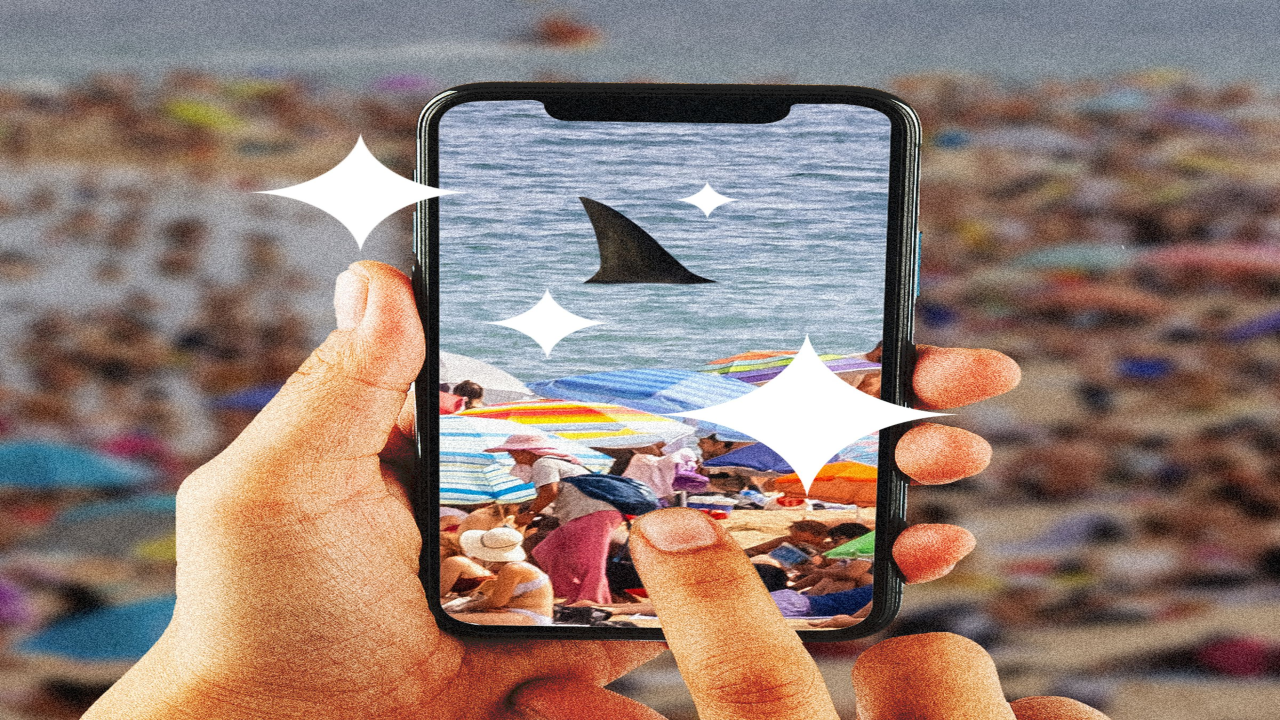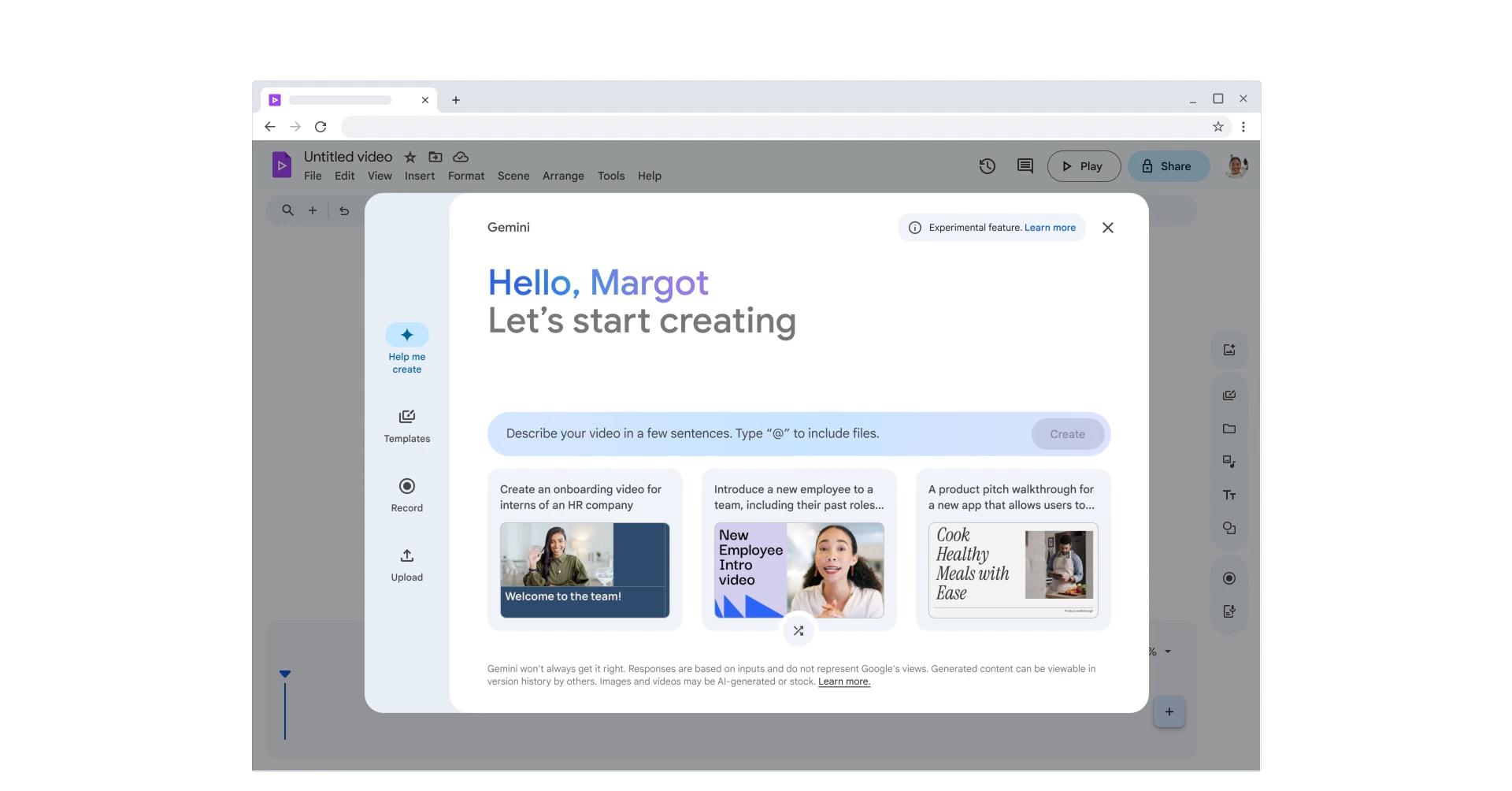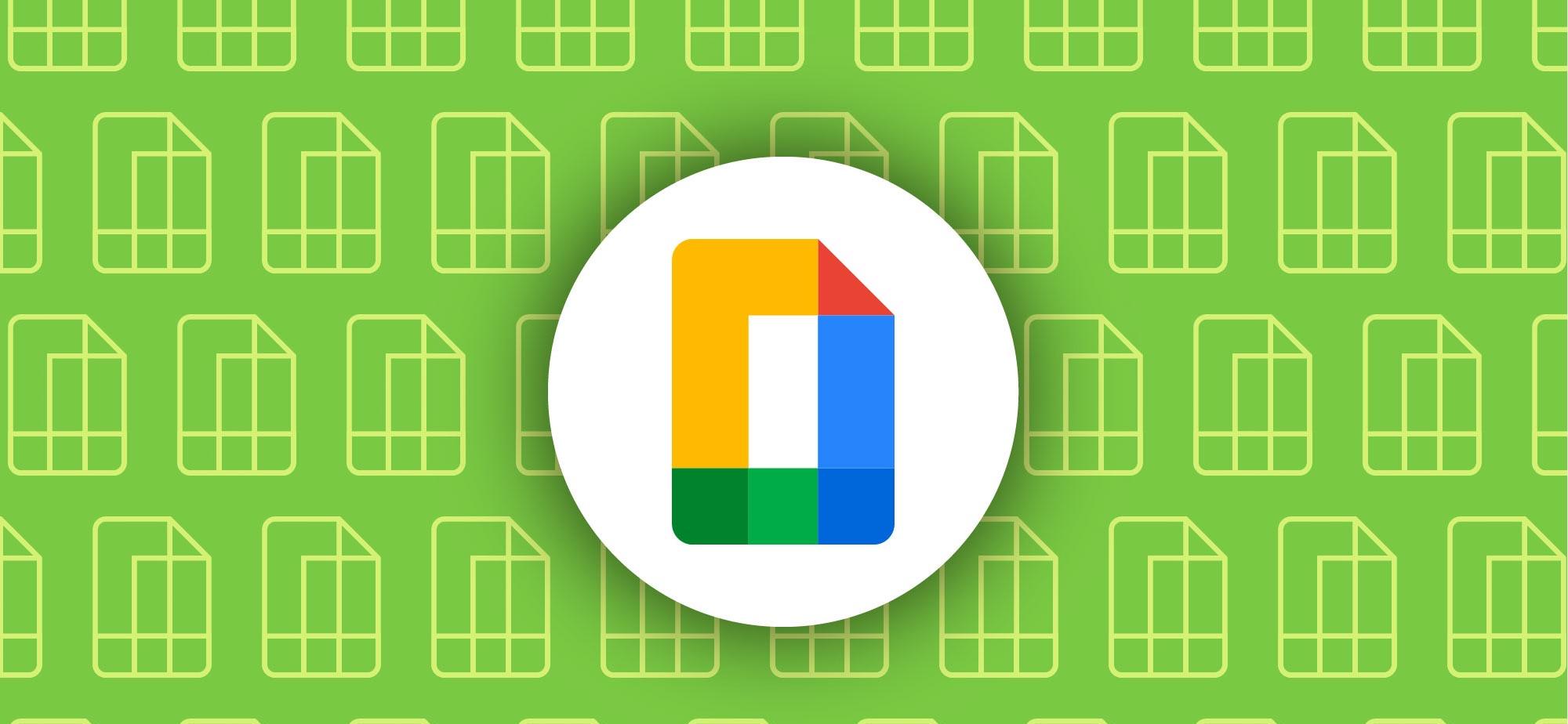AI Image Editing vs. Photoshop: Understanding the Debate
Explore the differences between AI image editing and Photoshop, examining the implications for authenticity and creativity in digital art.

The rise of AI image editing tools has sparked a significant debate among creatives and tech enthusiasts alike. Many argue that these tools are simply the next evolution of traditional software like Photoshop. However, the implications of AI in image editing extend far beyond mere convenience. In this article, we will explore the key differences between AI image editing and Photoshop, shedding light on their impact on authenticity, creativity, and ethical considerations in digital art.
The Evolution of Image Editing Tools
For over three decades, Photoshop has been the gold standard for image manipulation. Its robust features allow users to transform photographs with precision and creativity. However, the emergence of AI-driven tools has made image editing more accessible than ever. Unlike Photoshop, which requires a steep learning curve, AI tools enable users to achieve complex edits with just a few clicks.
This shift raises important questions about the nature of creativity and skill in digital art. Are we witnessing a democratization of image editing, or are we paving the way for a future where authenticity is compromised?
The Accessibility Factor
One of the most significant advantages of AI image editing is its accessibility. While Photoshop requires a subscription and a certain level of technical expertise, many AI tools are free or low-cost and can be used on smartphones. This ease of use eliminates barriers for aspiring artists and casual users alike, making it possible for anyone to manipulate images without extensive training.
However, this accessibility comes with a caveat. As the ability to create convincing images becomes widespread, the potential for misuse increases. The line between reality and fabrication blurs, leading to concerns about misinformation and the trustworthiness of visual media.
Authenticity in the Age of AI
With the proliferation of AI image editing, the concept of authenticity in photography is under siege. Traditional image editing in Photoshop requires skill and effort, often resulting in a product that reflects the artist's vision and intent. In contrast, AI tools can generate images that look real but may not represent any tangible reality.
This shift raises ethical questions about the integrity of visual storytelling. Can we trust images created with minimal human intervention? As AI continues to improve, distinguishing between genuine and manipulated images may become increasingly difficult.
The Creative Process Reimagined
Another critical aspect of the debate is how AI tools change the creative process. While Photoshop encourages a hands-on approach to editing, AI offers a more automated experience. Users can simply input a command or selection, and the software will generate the desired effect. This could lead to a reduction in individual expression and a homogenization of artistic styles, as creators rely on AI to produce results.
On the other hand, AI can also serve as a powerful ally for artists. By automating tedious tasks, these tools allow creators to focus on higher-level concepts and ideas. This collaboration between human creativity and AI efficiency could usher in a new era of innovation in digital art.
Ethical Implications and Future Considerations
As we navigate this new landscape, it is essential to consider the ethical implications of AI image editing. The potential for deception is significant, raising concerns about how manipulated images can influence public opinion and societal norms. The accessibility of these tools means that anyone can create realistic images, which could be used for harmful purposes, such as misinformation or cyberbullying.
Going forward, it will be crucial for artists, consumers, and policymakers to engage in discussions about the ethical use of AI in image editing. Establishing guidelines and best practices can help maintain the integrity of visual media while allowing for the creativity that AI can unlock.
Conclusion
In conclusion, the debate between AI image editing and Photoshop is not merely about technology; it encompasses broader themes of creativity, authenticity, and ethics. While AI tools offer unprecedented accessibility and efficiency, they also challenge our perceptions of reality and trust in visual media. As we embrace these advancements, it is vital to remain vigilant about their implications, ensuring that creativity and authenticity continue to thrive in the digital age.
What's Your Reaction?





















